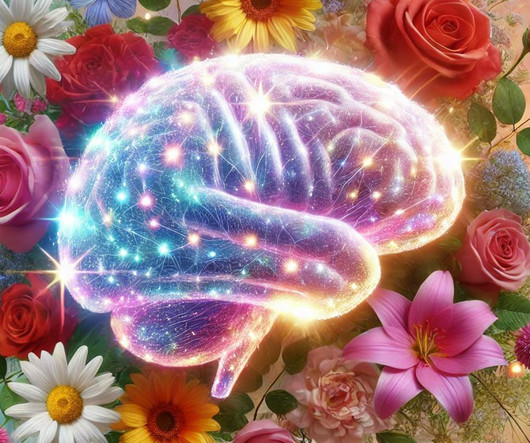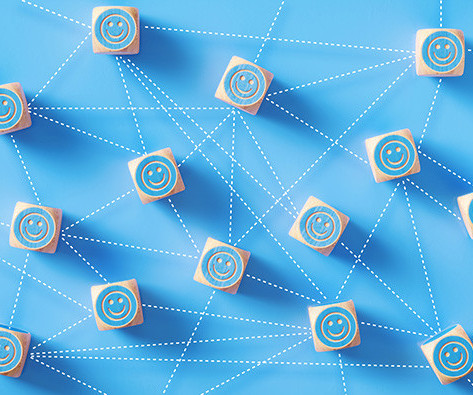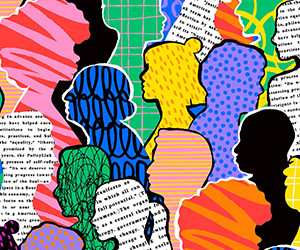Minding the Gaps: Neuroethics, AI, and Depression
NonProfit Quarterly
MARCH 24, 2025
2 In this way and many others, AI could facilitate exponentially faster, and more significant, medical advances. 9 In addition, those who are diagnosed often experience more severe and disabling symptoms than those experienced by other races and ethnicities. 3 By law, these must remain anonymous when used. 10 Only 35.1











Let's personalize your content